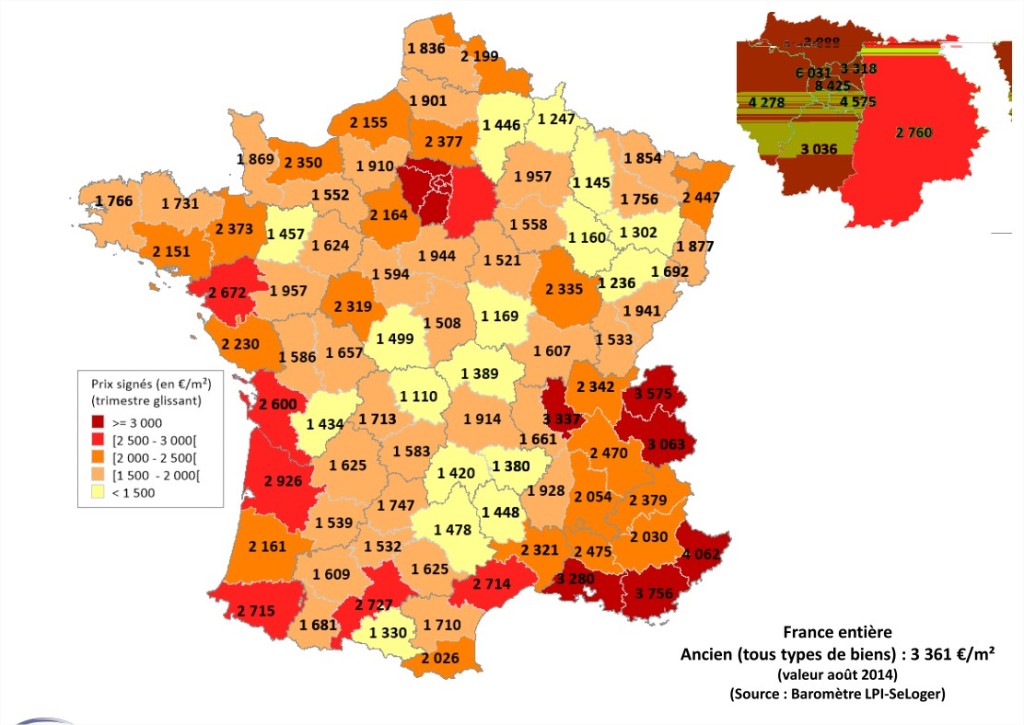Meta Faces FTC Defense In Monopoly Case

Table of Contents
The FTC's Antitrust Allegations Against Meta
The core of the FTC's argument in the Meta FTC Monopoly Case centers on the assertion that Meta acquired Instagram and WhatsApp to illegally stifle competition and solidify its dominance in the social media market. They argue these acquisitions were not about innovation or user benefit, but rather about eliminating potential rivals and creating an insurmountable barrier to entry for new competitors.
- Specific Acquisitions and Market Impact: The FTC points to the acquisitions of Instagram in 2012 and WhatsApp in 2014 as key examples of anti-competitive behavior. They argue that these acquisitions prevented these platforms from becoming viable competitors to Facebook, thus limiting consumer choice and innovation.
- Anti-competitive Practices: The FTC alleges that Meta engaged in various anti-competitive practices, including leveraging its market power to suppress competition and exclude rivals from the social media landscape. This includes claims of using its data and resources to disadvantage competitors.
- Potential Penalties: The potential penalties for Meta in this antitrust lawsuit are significant. This could include substantial fines, and the most drastic outcome would be a forced divestiture, requiring Meta to sell off either Instagram or WhatsApp, or potentially both. This would fundamentally reshape the social media landscape.
Meta's Defense Strategy
Meta vigorously contests the FTC's claims, arguing that the acquisitions of Instagram and WhatsApp fostered innovation and delivered significant benefits to users. Their defense strategy centers on several key arguments.
- Innovation and User Benefits: Meta argues that integrating Instagram and WhatsApp into its ecosystem led to improvements in user experience, enhanced features, and increased innovation across all platforms. They highlight the cross-platform functionalities and expanded user base as proof of their beneficial impact.
- A Dynamic and Competitive Market: Meta insists that the social media market is far from being dominated by a single entity. They point to the emergence of TikTok and other social media platforms as evidence of a dynamic and competitive market, highlighting the fact that users have diverse choices available.
- Expert Witnesses and Evidence: Meta is expected to present expert witnesses and considerable evidence to support their claims. This may involve economic data, internal documents, and expert testimony demonstrating the competitive nature of the market and the benefits of the acquisitions. Their antitrust defense rests heavily on this evidence.
The Role of Network Effects in the Case
The concept of network effects plays a crucial role in the Meta FTC Monopoly Case. Network effects refer to the phenomenon where the value of a product or service increases as more users join the network.
- Network Effects and Social Media: In the social media industry, network effects are particularly powerful. The more users a platform has, the more valuable it becomes to both existing and potential users. This creates a significant barrier to entry for new competitors.
- Network Effects in the FTC and Meta Arguments: The FTC argues that Meta's acquisitions leveraged network effects to create and maintain its monopolistic position. Conversely, Meta argues that network effects naturally benefit users and that the acquisitions allowed them to expand and enhance the user experience. Understanding network effects is vital to understanding both sides of this legal battle.
Potential Implications and Outcomes of the Meta FTC Monopoly Case
The Meta FTC Monopoly Case has significant implications for the tech industry and the future of antitrust enforcement. The outcome will likely set a precedent for future tech mergers and acquisitions.
- Fines and Penalties: If found guilty, Meta faces potentially massive fines, impacting their bottom line and future investments.
- Forced Divestiture: The most dramatic outcome would be a forced divestiture of Instagram or WhatsApp. This would reshape the social media landscape and potentially create new opportunities for competitors.
- Impact on Future Mergers and Acquisitions: The ruling will significantly influence future tech mergers and acquisitions. Regulators will likely scrutinize future deals more intensely, potentially slowing down consolidation in the tech sector.
- Antitrust Enforcement in the Digital Age: The case will heavily influence the approach to antitrust enforcement in the digital age. It will test the existing legal frameworks’ ability to address the complexities of digital markets. The implications extend far beyond Meta itself.
Conclusion
The Meta FTC Monopoly Case presents a complex battle between the FTC’s concerns regarding anti-competitive practices and Meta’s defense emphasizing innovation and user benefits. The outcome will significantly shape the future of the tech industry, influencing tech regulation, merger implications, and the balance of competition in the digital marketplace. The role of network effects and the interpretation of antitrust laws in the dynamic digital environment are at the heart of this critical case. Stay informed about the developments in this crucial Meta FTC Monopoly Case as it unfolds. Continue following updates to understand the implications for the tech industry and the future of competition in social media. Search for "Meta FTC Monopoly Case, antitrust lawsuit, social media competition" for more information.

Featured Posts
-
 Live Blog Gilbert Burns Vs Michael Morales Ufc Fight Night
May 19, 2025
Live Blog Gilbert Burns Vs Michael Morales Ufc Fight Night
May 19, 2025 -
 Evolution Des Prix Immobiliers Consultez La Carte Des Prix Par Region
May 19, 2025
Evolution Des Prix Immobiliers Consultez La Carte Des Prix Par Region
May 19, 2025 -
 O Eyaggelismos Tis T Heotokoy Sta Ierosolyma Mia T Hriskeytiki Giorti
May 19, 2025
O Eyaggelismos Tis T Heotokoy Sta Ierosolyma Mia T Hriskeytiki Giorti
May 19, 2025 -
 El Analisis De Alfonso Arus Sobre La Candidatura De Melody A Eurovision 2025 En Arusero
May 19, 2025
El Analisis De Alfonso Arus Sobre La Candidatura De Melody A Eurovision 2025 En Arusero
May 19, 2025 -
 Fsu Shooting Victims Family History A Cuban Exiles Legacy
May 19, 2025
Fsu Shooting Victims Family History A Cuban Exiles Legacy
May 19, 2025
